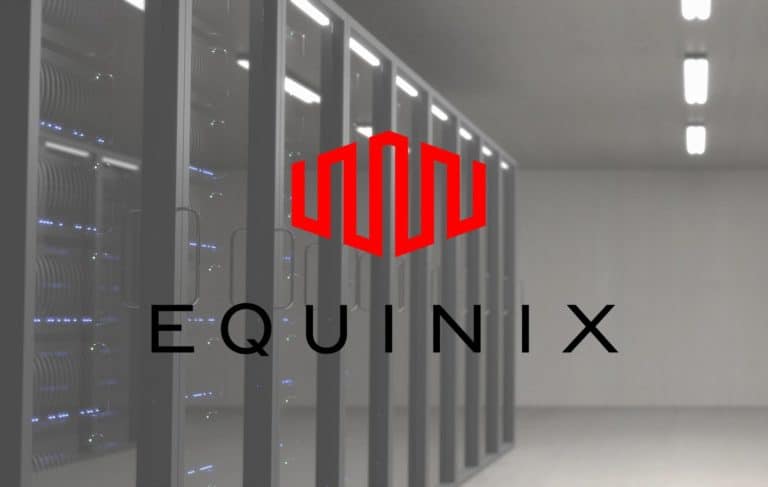Equinix has announced that it has expanded its platform and Cloud Exchange with more metropolises with a software-defined approach. The platform, the Equinix Cloud Exchange (ECX) Fabric, is designed to strengthen connectivity between its 37 global markets. These include Amsterdam, Los Angeles and Hong Kong.
With the expansion, any two ECX Fabric markets can connect private clouds, networks and data centres to their edge computing, writes ZDNet. The company is a major provider of data centers and has created a market by integrating public cloud providers – from AWS to Google Cloud Platform and Oracle.
ECX Fabric offers a software-defined interconnection service that can connect the company’s infrastructure to public cloud providers and networks. These connections are used to handle peaks in traffic, backups and intensive workloads.
Equinix indicates that ECX Fabric is a self-service portal that allows customers to deploy multiple APIs. Currently, ECX Fabrik is used by 1,400 customers and has over 14,900 active virtual connections.
New data center
The company announced at the beginning of this year that it would expand its services in the German market with the establishment of a data centre in Hamburg. Equinix bought a building in the North German port city to redevelop it into a large data centre. The location, HH1 International Business Exchange (IBX), must initially accommodate 375 server cabinets. The possibility exists to extend this to 1.875 racks.
The expansion is also good news for the Netherlands, because the countries have the strongest economic ties in Europe with each other. The import and export between the Netherlands and Germany is worth approximately 161 billion euros. The data centres in Germany serve as business hubs for more than 900 companies in the existing Equinix locations in the country.
The extension to Hamburg also gives Dutch companies more access to the interconnection services provided by Equinix via its own platform.
This news article was automatically translated from Dutch to give Techzine.eu a head start. All news articles after September 1, 2019 are written in native English and NOT translated. All our background stories are written in native English as well. For more information read our launch article.